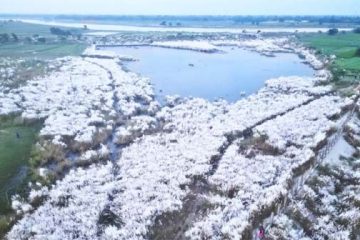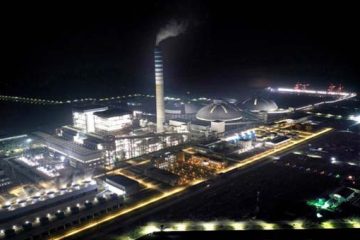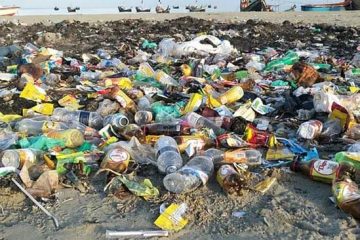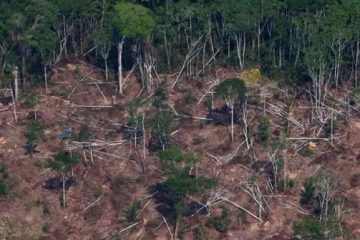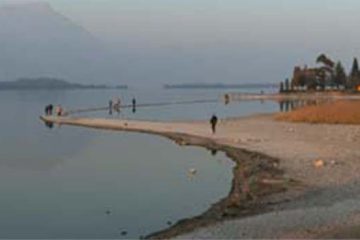bbc.co.uk
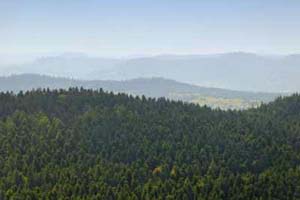 Future climate change could change the profile of tropical forests, with possible consequences for carbon storage and biodiversity, a study says.
Future climate change could change the profile of tropical forests, with possible consequences for carbon storage and biodiversity, a study says.
It suggests that if current trends continued, the drier conditions would favour deciduous, canopy species at the expense of other trees.
US researchers based their findings on the changes they recorded in a Costa Rican forest over a 20-year period.
The team’s paper has been published in the journal Global Change Biology.
“It is important because – depending on the rate of change, and the type of species that are found in the forests – it will influence a lot of ecosystem services and processes,” explained co-author Brian Enquist from the University of Arizona.
“For example, we need to know how much carbon tropical forests are storing, and will store in the future. We also need to know how much CO2 they are taking out of the air.”
Professor Enquist and his team examined how an area of forest had changed between 1976 and 1996.
“We were fortunate that between the two dates, there was a series of quite impressive droughts – those droughts have been increasing in severity over the longer term,” he told BBC News.
He said that there had been a “tremendous reduction” in the total number of trees in the forest.
“Most of that reduction was in the smallest trees – such as the saplings and the smaller trees in the understorey,” Professor Enquist observed.
“That was the first change that we immediately noticed, but then we began to look very closely and asked what was causing those trees to die.
“What we found was that there was a very distinctive signal in the types of trees that tended to survive and the types of trees that died – it came down to basic differences on how these trees functioned and worked.
“We found that those species that tended to require more moist conditions were the ones that dropped out very quickly, and those that were able to handle more drought-like conditions persisted.”
Professor Enquist said the species that favoured such conditions were deciduous, canopy trees, and if the trend of drier conditions continued into the future then it would change the characteristics of tropical forests.
“The ecosystem implication is that those types of forests (dominated by deciduous, canopy species) tend to store less carbon and hold less biomass, which would then have a detrimental impact in terms of the entire biosphere’s ability to help regulate or mitigate the effects of global climate change.”
He said the study’s findings, when combined with other results from other similar projects, created a picture of tropical forests that were changing “rather quickly”.
Professor Enquist added that these forests appeared to be quite susceptible to changes in rainfall, and that future projections of changes in rainfall patterns were likely to have “immediate or very quick consequences”.

